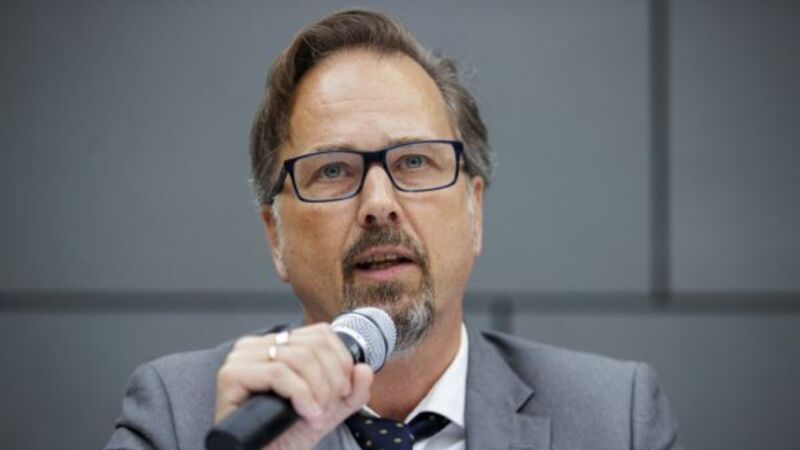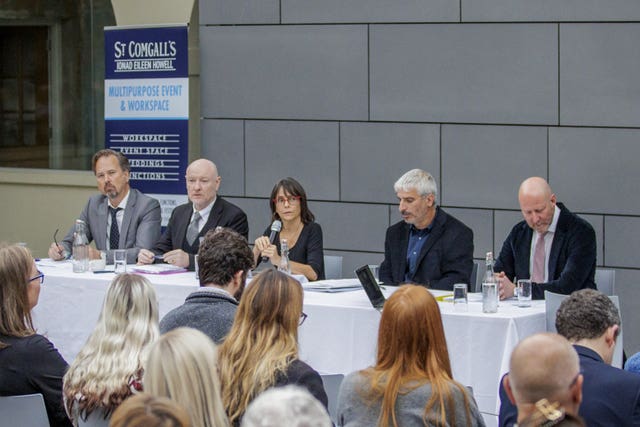International panel cites ‘big gaps’ in Troubles police probes

By David Young, PA
A retired Norwegian detective who examined the conduct of police investigations during the Troubles has expressed concern at “big gaps” in many cases.
Kjell Erik Eriksen, a former detective superintendent in Norway, was part of an international panel that spent a year assessing state actions during the conflict.
The report from the Norwegian Centre for Human Rights claimed there was a “widespread, systematic and systemic” practice of protecting security force members from any sanction for wrongdoing.
The panel probed allegations that the British state engaged in collusion with paramilitaries and also blocked proper police investigations into conflict-related killings to protect security force members and agents implicated in crime.
The investigation was commissioned by the Committee on the Administration of Justice (CAJ) and the Pat Finucane Centre (PFC).
The report – titled Bitter Legacy: State Impunity in the Northern Ireland Conflict – cited a significant disparity in prosecutions between paramilitaries and state actors as evidence there was a system of impunity for security forces involved in Troubles crimes.
Mr Eriksen said one of the major challenges in conducting the assessment was lack of access to original RUC case files.

He said the panel relied on official documents and information in reports produced by bodies such as the Police Ombudsman and now defunct Historical Enquiries Team (HET).
“The main findings were that the investigations, especially in the 70s and 80s, were of poor quality,” he said.
“There were large gaps in the investigation. Lines of inquiry were not followed up.
“For example, if you had a suspect, they didn’t search the home; if there was a murder scene, they didn’t compare the blood with suspects and so on.
“It was big gaps in a lot of these investigations. Poor quality.
“In suspect interviews, there was no challenge. Some of the interviews there were only five or six questions, they lasted for 20 to 30 minutes.
“Arrests were also an issue. There was delaying arrests for a long, long time, maybe a year, or no arrests at all, even though they had suspects.
“So we concluded there was poor, poor quality in the investigations.”









